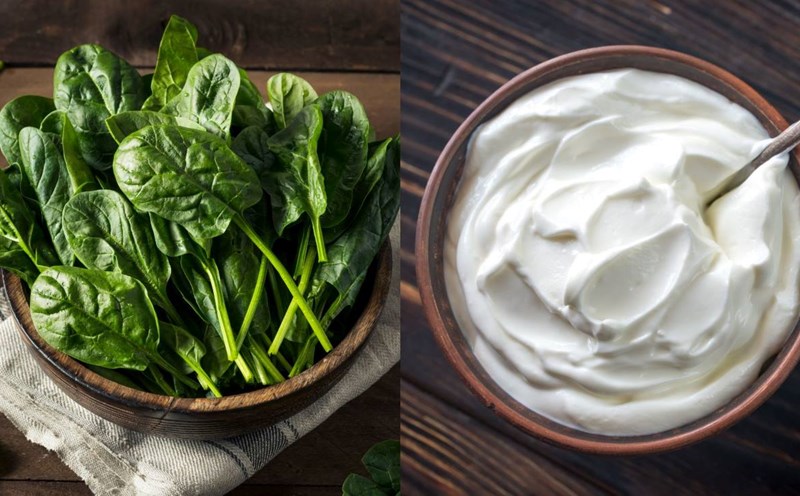Fried food with a lot of oil
In winter, the body is often less active, causing excess energy from fried foods to easily accumulate as fat. Fried foods contain a lot of calories, if consumed in excess, it will cause energy imbalance and rapid weight gain. Fatty foods are harder to digest, especially in winter when the digestive system works more slowly, leading to bloating, indigestion, and a feeling of heaviness.
Fried foods also often contain saturated fats and trans fats, which increase bad cholesterol (LDL) and decrease good cholesterol (HDL). Eating a lot of fried foods in winter, when the body is prone to vasoconstriction due to cold, will increase the risk of high blood pressure, stroke and cardiovascular disease.
Sweet and sugary foods
Sugar can reduce the ability of white blood cells to function, thereby weakening the immune system, making the body more susceptible to colds, sore throats or infections in cold weather.
Eating too much sugar also increases the risk of type 2 diabetes, cardiovascular disease and metabolic disorders. In winter, when the body is less active and prone to fat accumulation, this risk is even higher. Although sugar provides energy quickly, it will then cause a "sugar crash", making you feel tired, lethargic and reducing work performance...
Spicy food is too hot
Spicy foods stimulate the stomach lining, increasing acid secretion. If you eat too much, especially when you are sedentary in winter, it can easily cause stomach pain, heartburn and indigestion. Although spicy foods help warm the body immediately, if consumed in excess, the body temperature can suddenly increase, causing a feeling of heat inside. This causes the body to react by sweating a lot, which can easily lead to dehydration and dry skin in cold weather.
Spicy foods can irritate the respiratory tract, increasing mucus secretion, which can lead to sore throat, cough or worse cold, especially in winter when the respiratory system is vulnerable.











